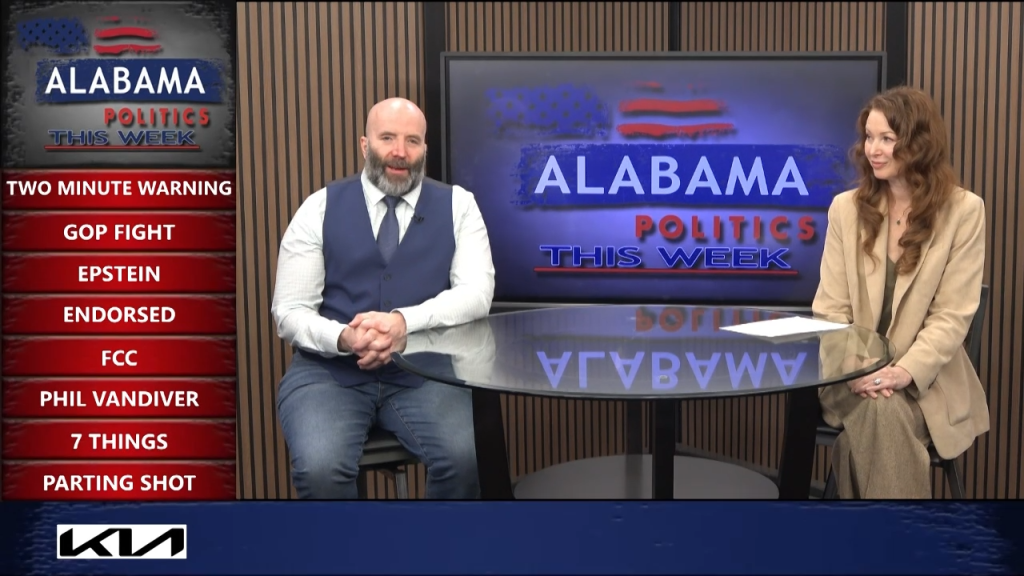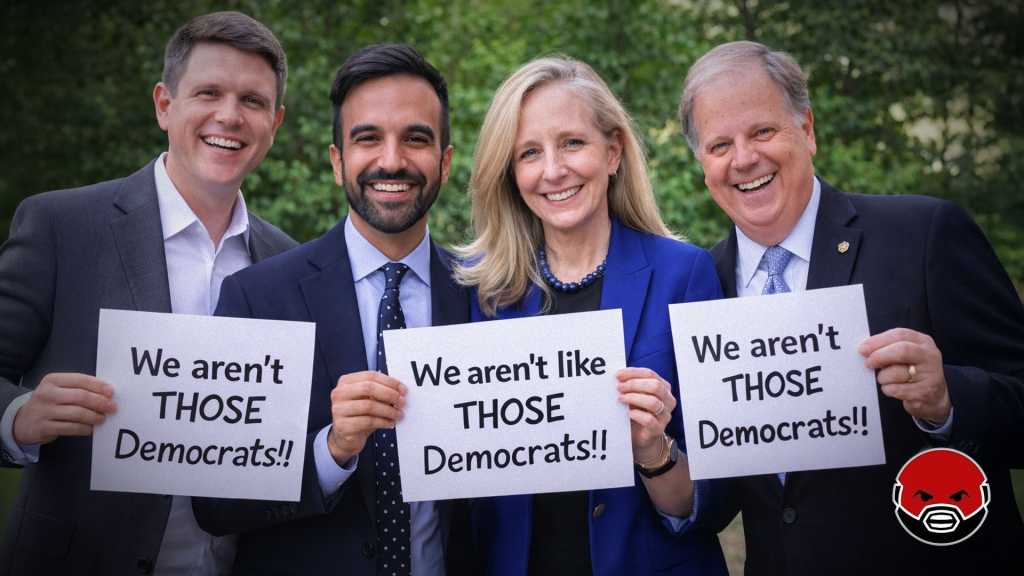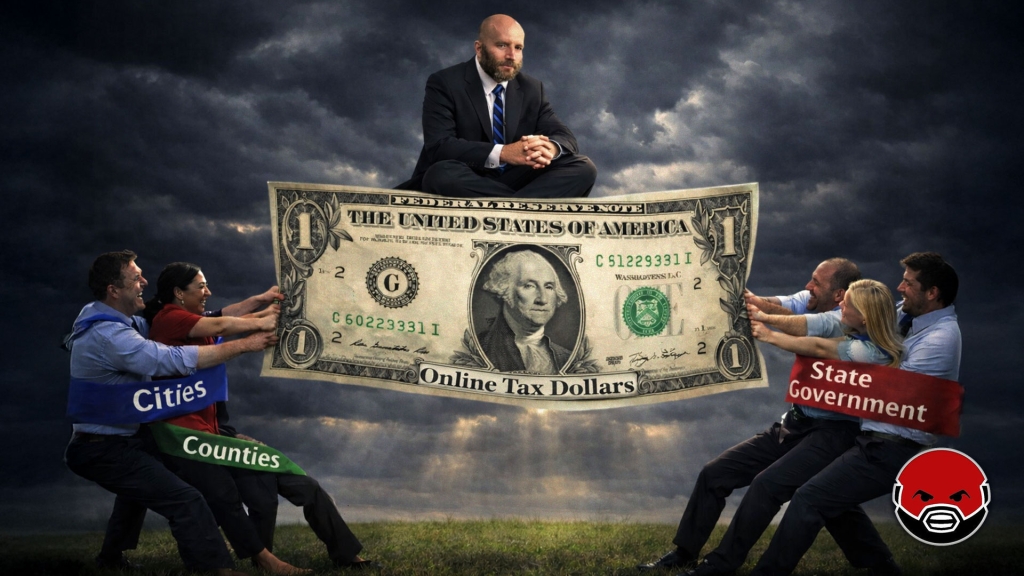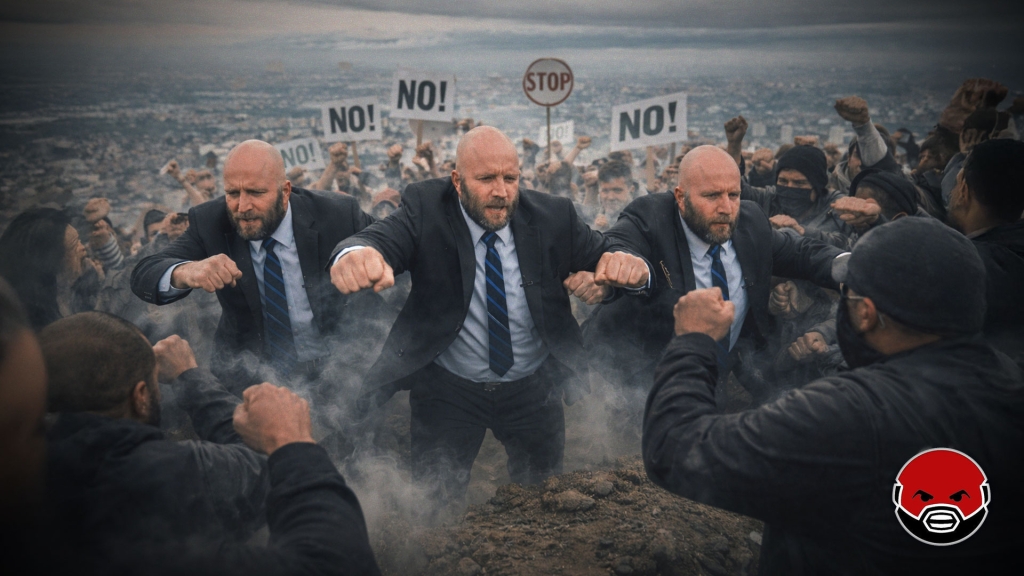Federal judge William Alsup recently dismissed a lawsuit by Oakland and San Francisco against oil companies for costs related to global warming. The decision is wise, regardless of whether global warming threatens humanity’s future.
The lawsuit sought billions for the cities’ future costs from the use of fossil fuels, specifically infrastructure to protect against rising sea levels. Neither Oakland nor San Francisco sought damages incurred to date.
I do not wish to dwell on legal details of the case, like what constitutes a public nuisance. I see the suit as using litigation to do what has not been done legislatively. Congress failed to pass “cap and trade” for greenhouse gases in 2010. President Obama enacted regulations and signed the Paris Climate accord, but President Trump has largely undone these acts.
Environmental groups noted that Judge Alsup “accepted” global warming science. Such a claim is disingenuous. All parties to the suit accepted that the burning of fossil fuels produces carbon dioxide, which is a greenhouse gas. The relevant questions – how much warming will occur, whether the associated climate changes pose a dire threat, and what to do to stop or adjust to climate change – offer plenty of scope for debate.
Lawsuits constitute a poor way to address global warming, for three reasons. First, oil companies have merely supplied fossil fuels we demanded. Judge Alsup’s ruling states, “Our industrial revolution and the development of our modern world has literally been fueled by oil and coal. … All of us have benefitted.” All of us are responsible, including Oakland and San Francisco, with gas-powered city vehicles and climate controlled city offices.
And we will all be affected if we curtail the use of fossil fuels. If we hope to stabilize atmospheric carbon dioxide at levels environmentalists recommend, all nations must stop using fossil fuels within the next 30 years or so. I am not advocating this, but the math of atmospheric carbon dioxide is clear.
Halting the use of fossil fuels would profoundly change life, which is a second argument against global warming litigation. If we wish to restructure society by banning fossil fuels, we should have to act through our elected representatives. Judge Alsup recognized that the judiciary should defer to the political branches of government on such decisions.
This leads to the third reason against litigation, that government suing corporations does not seem to advance citizen interests. Governments should be able to sue to recover losses due to negligent acts, like if a driver crashes a tractor-trailer into city hall. Lawsuits involving government policies are problematic.
Take the first major case of legislation through litigation, the 1998 tobacco settlement. States sued to recover Medicaid costs for smoking-related illnesses. Research clearly linked smoking to cancer and other illnesses, making a much stronger factual base for claims than in California’s oil lawsuit. Yet when we establish Medicaid, we should realize that our actions as citizens affect the cost. If we are unwilling to pay for the resulting costs through taxes, we should not create the program.
The nearly $250 billion tobacco settlement has seemingly just augmented states’ revenues. Relatively little has been spent on smoking cessation programs, and smokers received no compensation. Lawyers received billions in fees, although they clearly earned generous fees for devising a legal strategy compelling tobacco companies to settle.
Perhaps states and cities anticipate a more lucrative settlement with big oil. The tobacco settlement netted about $10 billion per year; global warming might plausibly yield $100 billion a year. Oil companies, though, will need to continue selling oil to pay such a settlement, which is bad news if fossil fuel use must end to avert a global warming catastrophe.
The California case is likely just one skirmish in a longer legal fight, as suits by other states are ongoing. Judge Alsup’s opinion suggests that higher courts would have thrown out a ruling allowing Oakland’s suit to proceed. If he’s right, Congress will (rightly) have to act, which is appropriate if we are going to totally reshape our economy.
Daniel Sutter is the Charles G. Koch Professor of Economics with the Manuel H. Johnson Center for Political Economy at Troy University.













